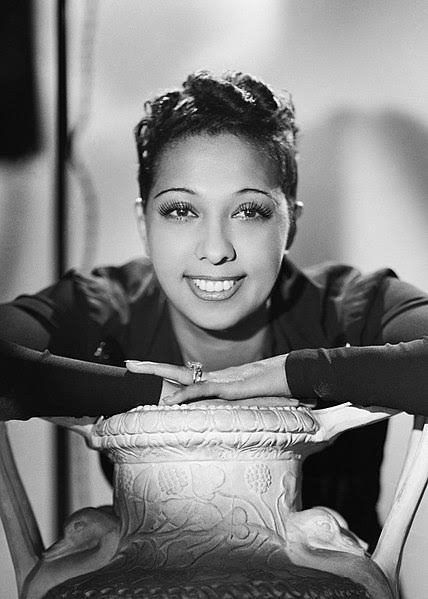This study day was in part the outcome of a research trip to Saint Louis, Missouri, facilitated by the support of FRAME, and was held within the context of the exhibition “Le Paris de la modernité, 1905-1925.” The exhibition hoped to shed new light on Josephine Baker, an extraordinary personality who was both an artist, a member of the Resistance, and the mother of a “rainbow family,” whose journey began in Saint Louis, Missouri and concluded in Paris, where she was posthumously honored at the Panthéon in 2021. The study day recap is now available to read online in English here, and in French here.
Born in Saint Louis to a very poor family in Missouri, Freda Josephine McDonald, at the age of eight, had to take on household chores and laundry, often experiencing mistreatment. Married at thirteen to Willie Baker, who gave her his last name, she rose to fame in the music hall through her facial expressions and innate sense of burlesque. Her mixed-race identity allowed her to get her makeup done as “white” or “black” depending on the needs of the troupe.
Discovered in New York by Caroline Dudley, she joined the “Revue Nègre”, which caused a sensation in Paris in October 1925. In France, she marveled at a society not governed by segregation. Throughout her life, she held immense love for Paris and her adopted homeland, becoming a French citizen in 1937 by frenchifying her first name to Joséphine.
Having experienced the racist massacres in Saint-Louis in 1917 and being a woman of conviction, she joined the Resistance in 1940 and adopted twelve children, her “Rainbow Tribe,” to combat prejudice. She was also the only woman to speak at the March on Washington in 1963 alongside Martin Luther King Jr.
The program is available here (French)


